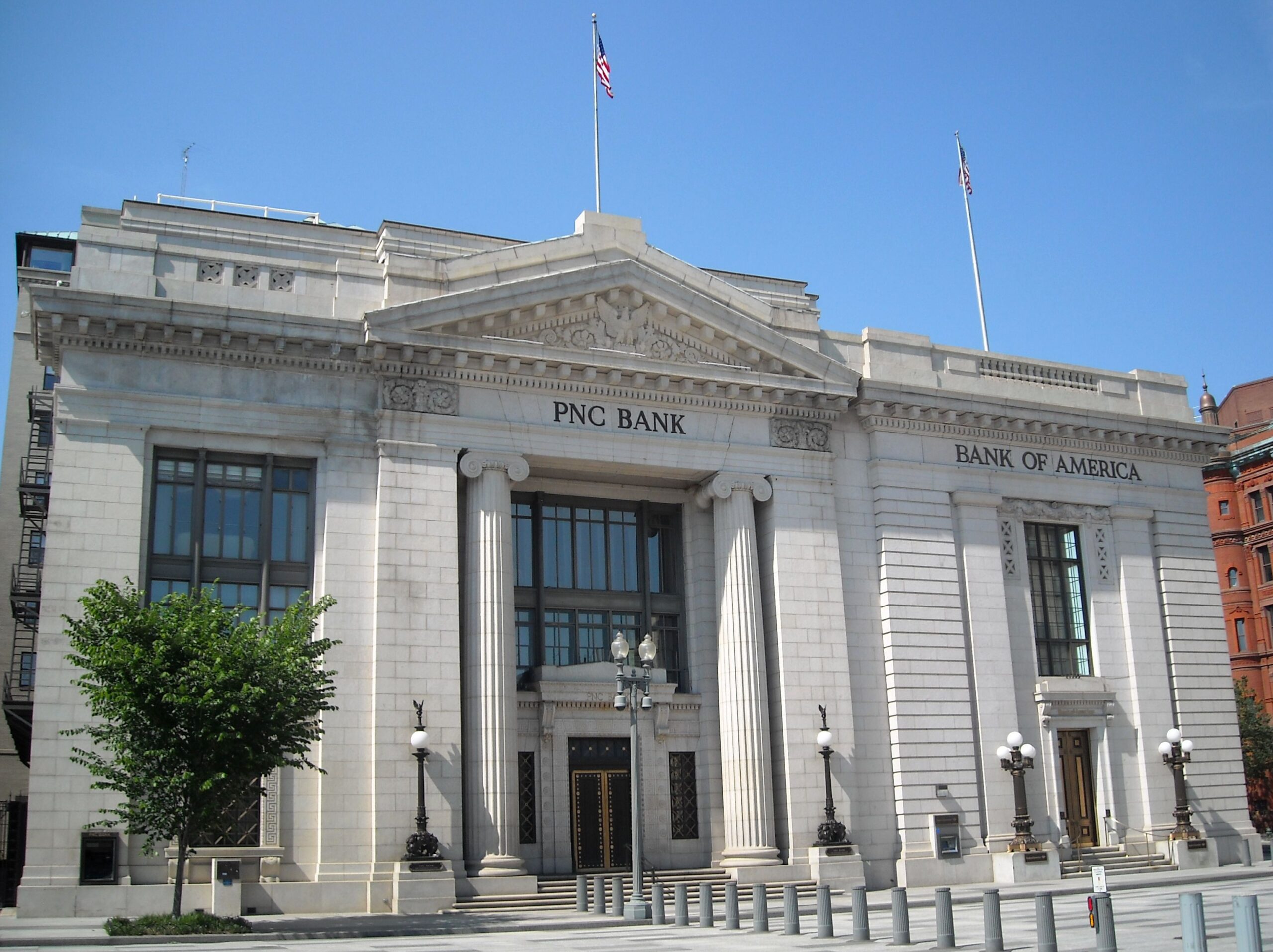
Introduction
Capital is a fundamental concept in both economics and finance, representing the financial resources that individuals, companies, and governments use to fund their operations and investments. Understanding capital is crucial, particularly in today’s rapidly evolving economic environment where businesses continuously seek effective ways to optimise their resources. In essence, capital fuels the potential for growth, innovation, and sustainability in various sectors.
The Role of Capital
Capital serves multiple roles within the economy, from providing the necessary funds for businesses to start and expand, to enabling consumers to purchase goods and services. There are several types of capital, including:
- Physical Capital: This includes tangible assets such as machinery, buildings, and equipment that are used in the production of goods and services.
- Financial Capital: This refers to the funds available for investment, encompassing cash, credit, and other forms of financing.
- Human Capital: This represents the skills, knowledge, and experience possessed by individuals, which can be enhanced through education and training.
- Social Capital: This encompasses the networks and relationships that individuals and organisations can leverage to foster collaboration and mutual benefit.
Current Trends in Capital Investment
In recent times, the landscape of capital investment has seen significant shifts. For example, the COVID-19 pandemic compelled many businesses to adapt their strategies, leading to increased investments in technology and digital transformation. According to the Office for National Statistics, over 40% of businesses in the UK reported investing in digital capabilities in 2021, recognising the shift towards online operations.
Moreover, sustainability has emerged as a critical factor influencing capital allocation. Environmental, social, and governance (ESG) criteria are increasingly being integrated into investment decisions, as investors seek to align their portfolios with sustainable development goals. A recent report from the Global Sustainable Investment Alliance indicates that sustainable investment reached $35.3 trillion globally in 2020, a trend likely to continue.
Conclusion
In conclusion, capital remains a vital component of the economic framework, impacting both individual enterprises and broader economic conditions. The current trends towards digitalisation and sustainability highlight a shift in how capital is perceived and utilised, signalling a future where investments not only seek financial returns but also contribute positively to society and the environment. For individuals and businesses alike, recognising the importance of capital and keeping abreast of its evolving nature can aid in making informed financial decisions and fostering economic resilience.
You may also like

The Dynamics of Price in the Modern Economy


Current Status of the Bank of England Base Rate
SEARCH
LAST NEWS
- Remembering Wendy Richard: The Promise to Co-Star Natalie Cassidy
- How Did Anglian Water Achieve an ‘Essentials’ Rating for Mental Health Accessibility?
- Shai Hope Leads West Indies in T20 World Cup Clash Against South Africa
- What We Know About Weston McKennie: Future at Juventus and Past at Leeds
- What We Know About the Upcoming Live Nation Antitrust Trial